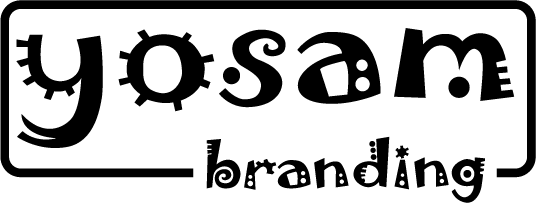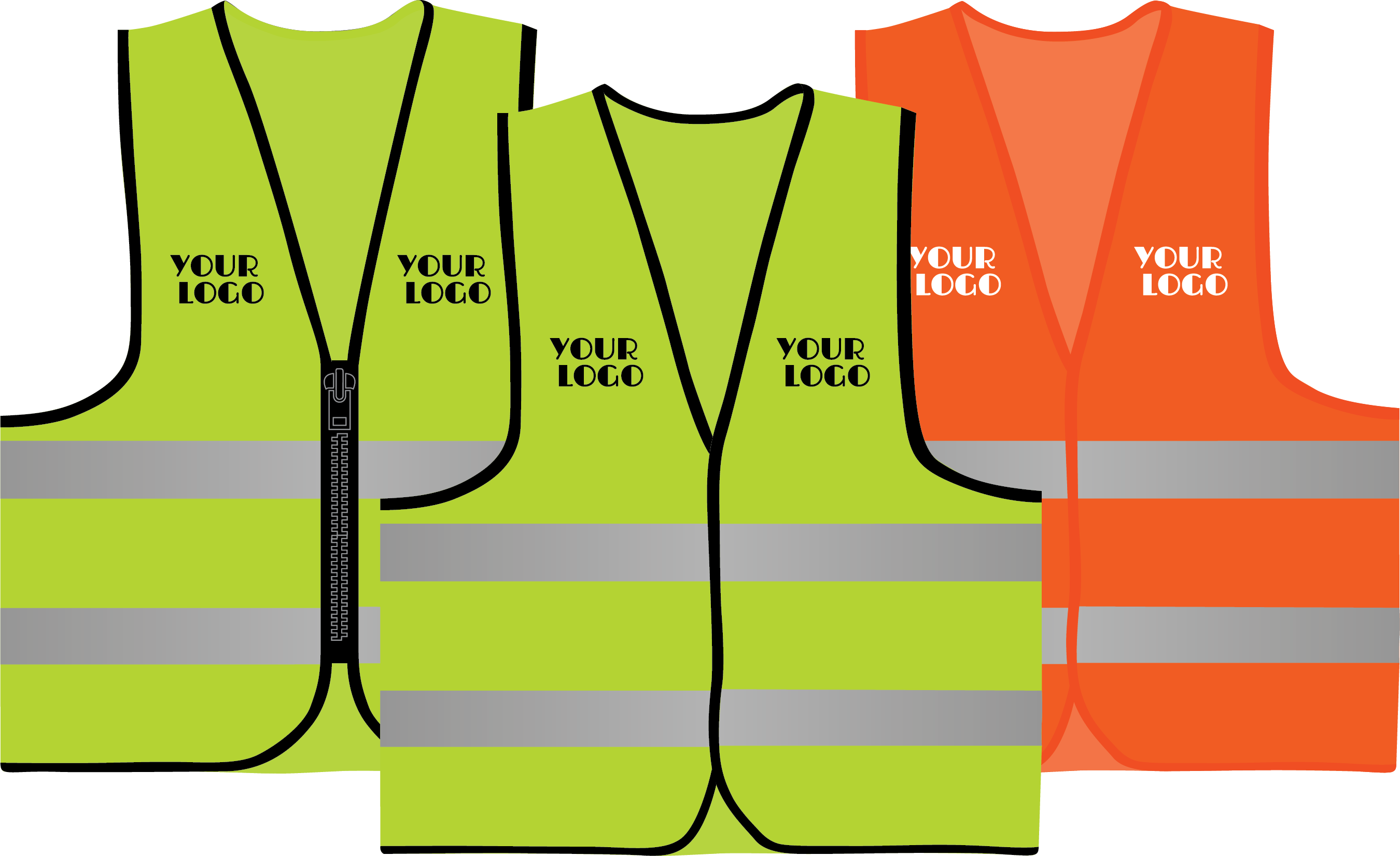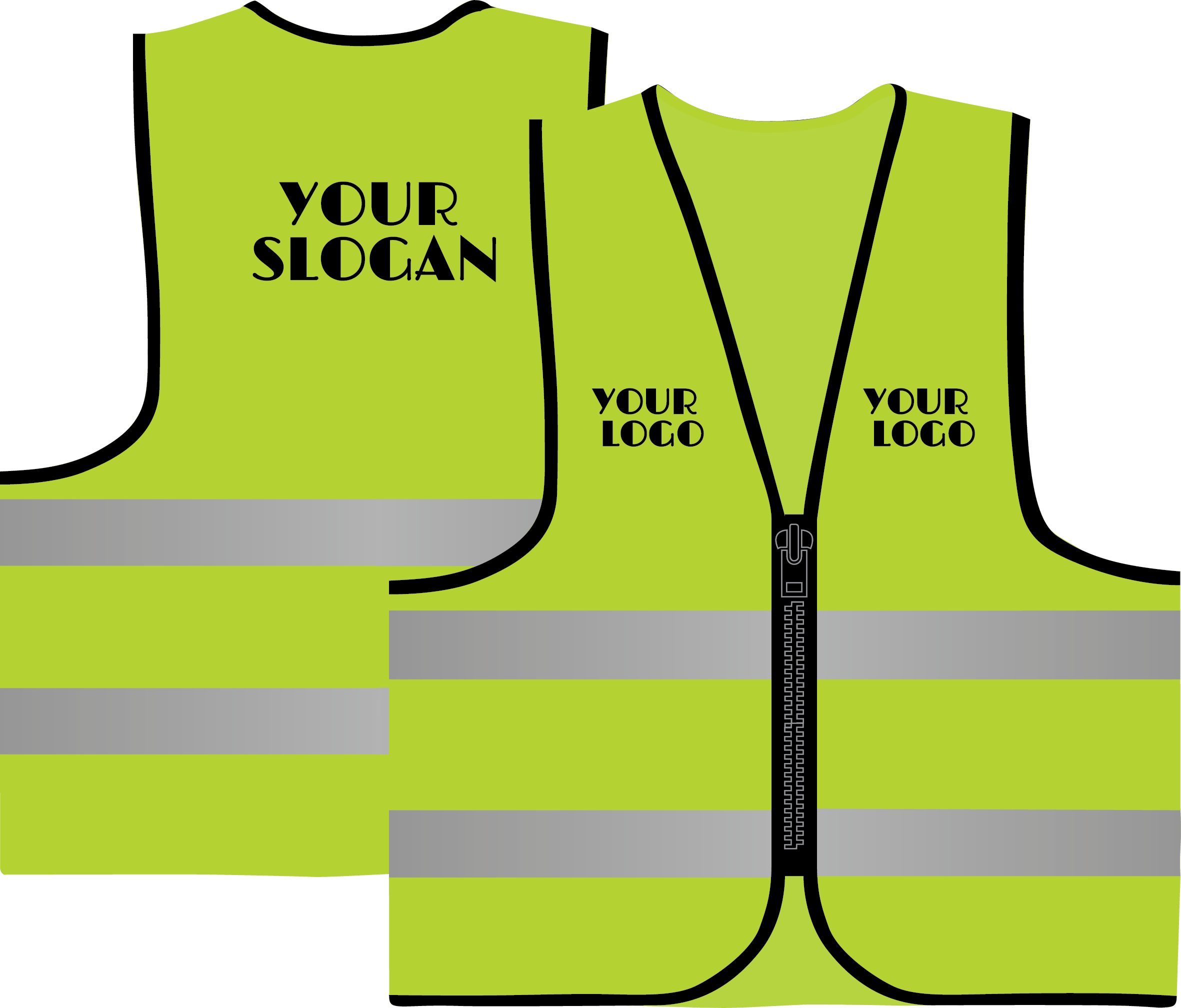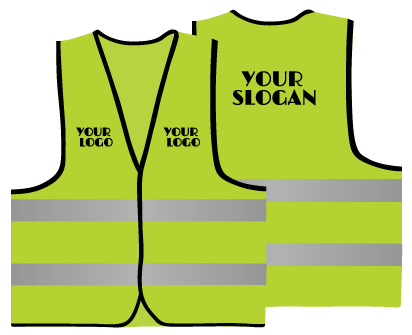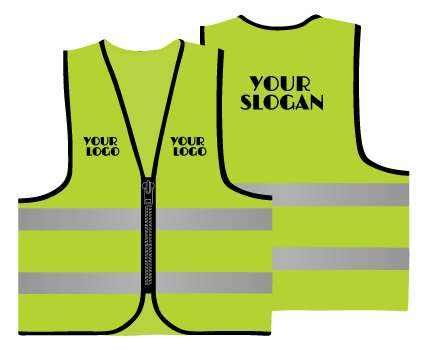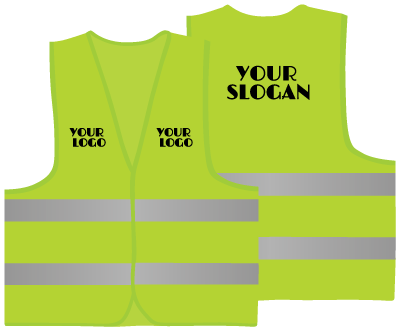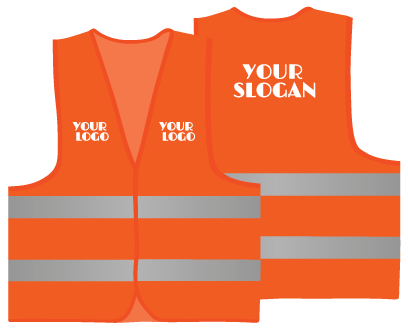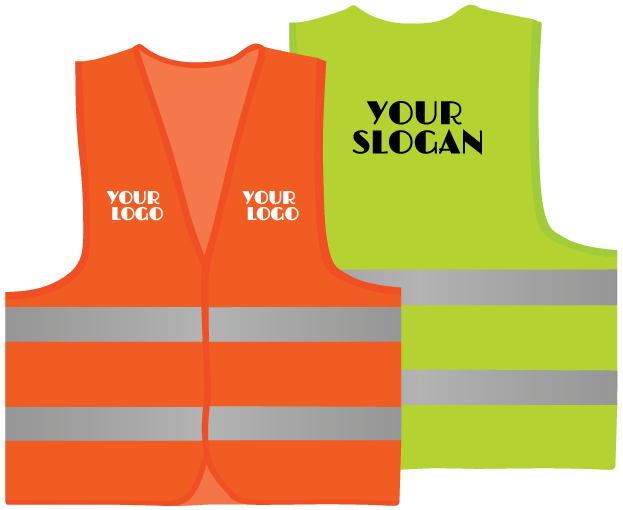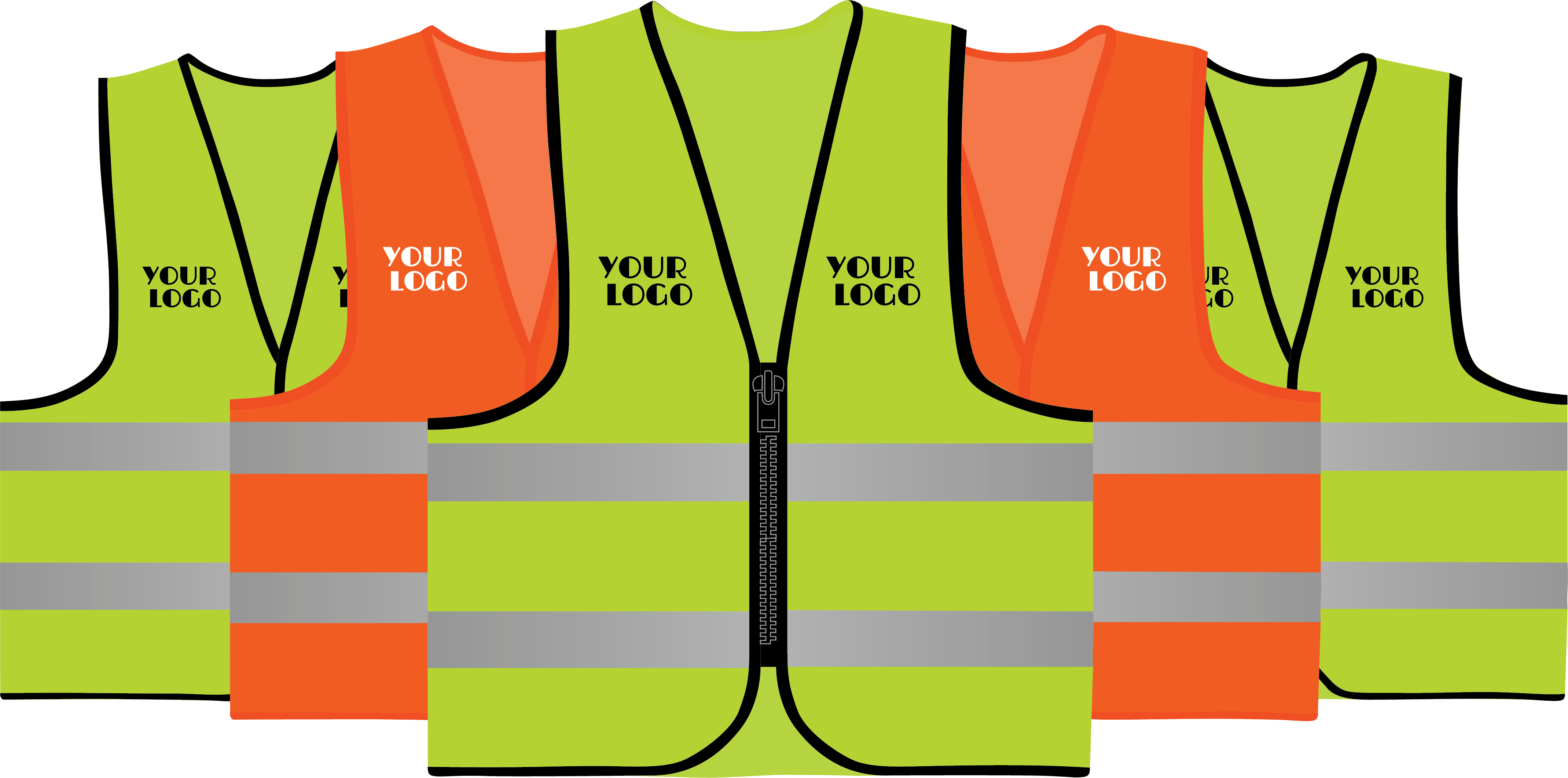

1. Heat Transfer Printing
Heat transfer printing uses heat and pressure to transfer a design from a vinyl sheet or special paper onto the reflector material.
Advantages
- Allows intricate and multi-colored designs
- Durable and resistant to wear
Suitability: This method works well for designs with detailed patterns
2. Sublimation Printing
Heat transfer printing uses heat and pressure to transfer a design from a vinyl sheet or special paper onto the reflector material.Sublimation printing uses heat to transfer dye directly into the material, resulting inaseamless design.
Advantages
- Produces photo-quality designs.
- The design doesn’t fade, crack, or peel
Suitability: This method is suitable for polyester-based materials and full-color designs.
3. Vinyl Cutting and Application
Vinyl cutting involves cutting designs out of vinyl sheets and applying themto the reflector material using heat.
Advantages
- Offers a shiny and smooth finish.
- Durable and resistant to washing and wear
Suitability: This method is excellent for bold and simple designs, such as logos or text.
4. Screen Printing
Screen printing is one of the most widely used methods for branding reflectors. It involves pressing ink through a stenciled mesh screen onto the material.
Advantages
- Cost-effective for bulk orders.
- Produces vibrant and long-lasting designs.
Suitability: Screen printing is ideal for simple designs with limited colors.
